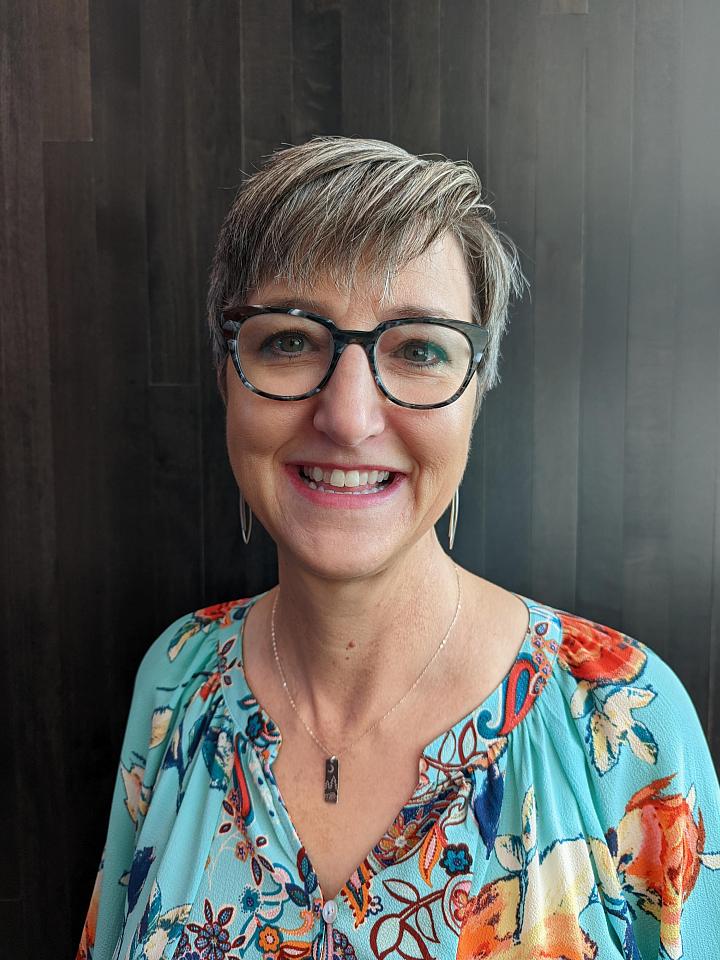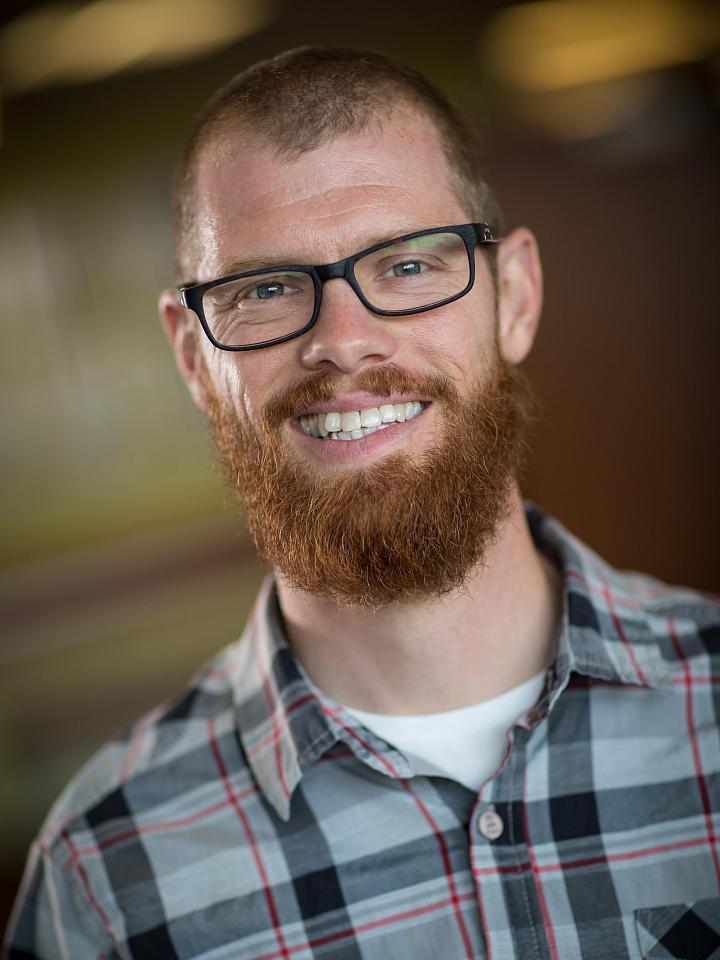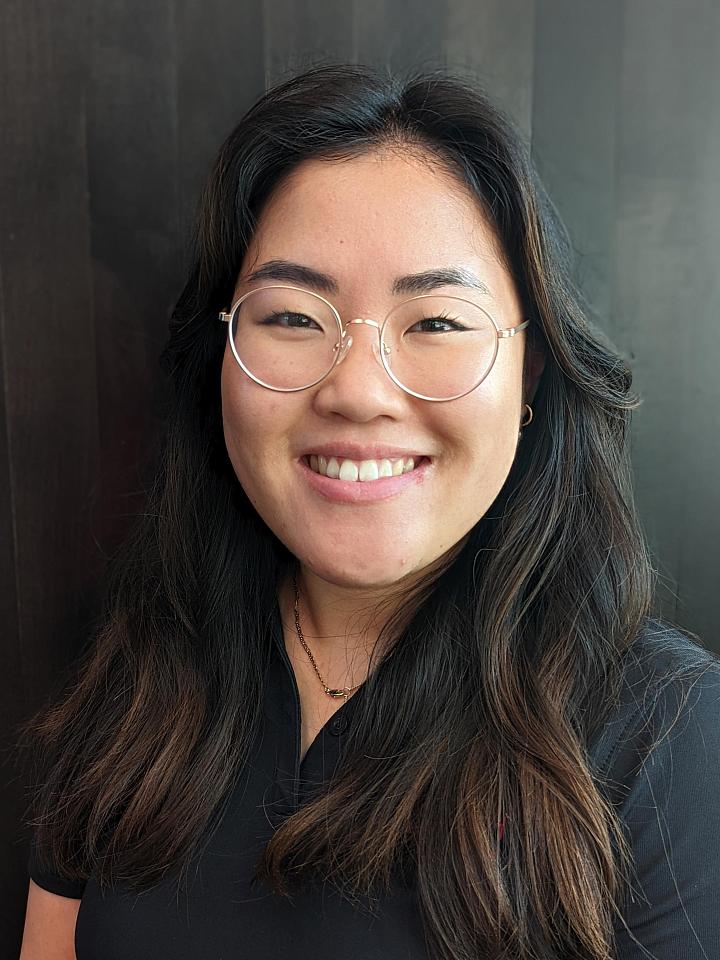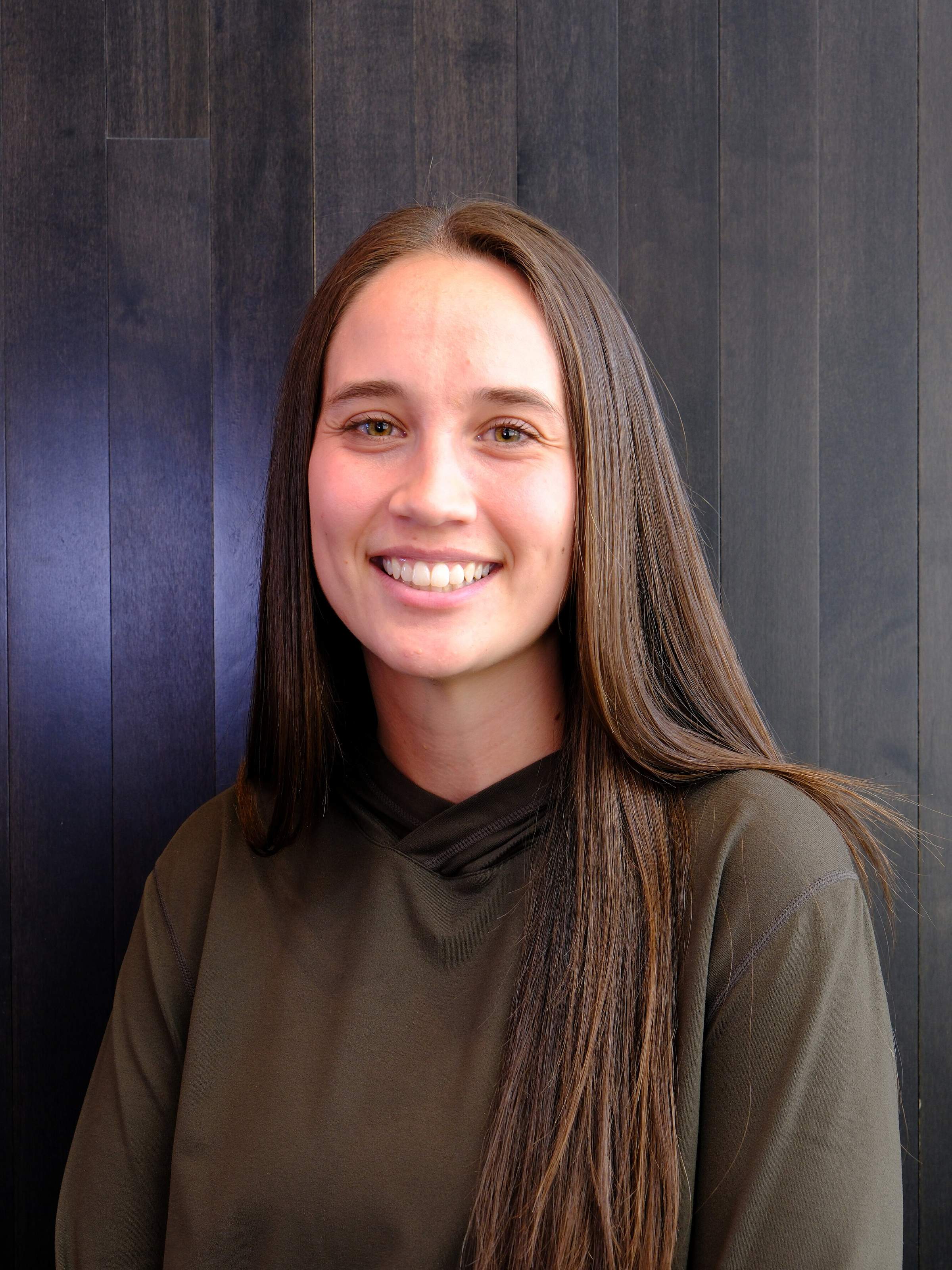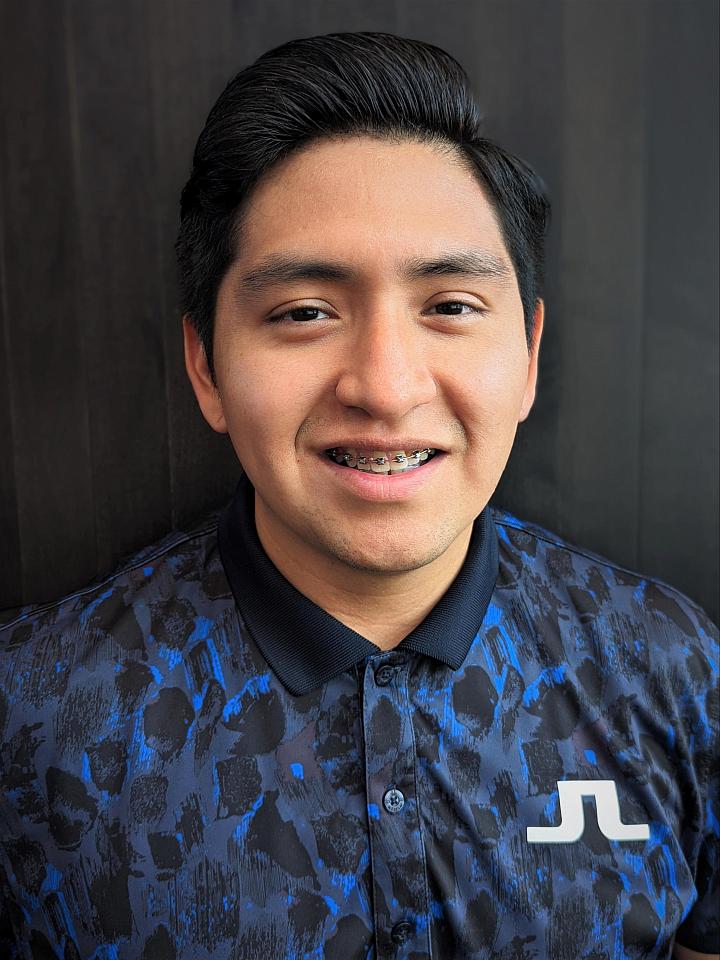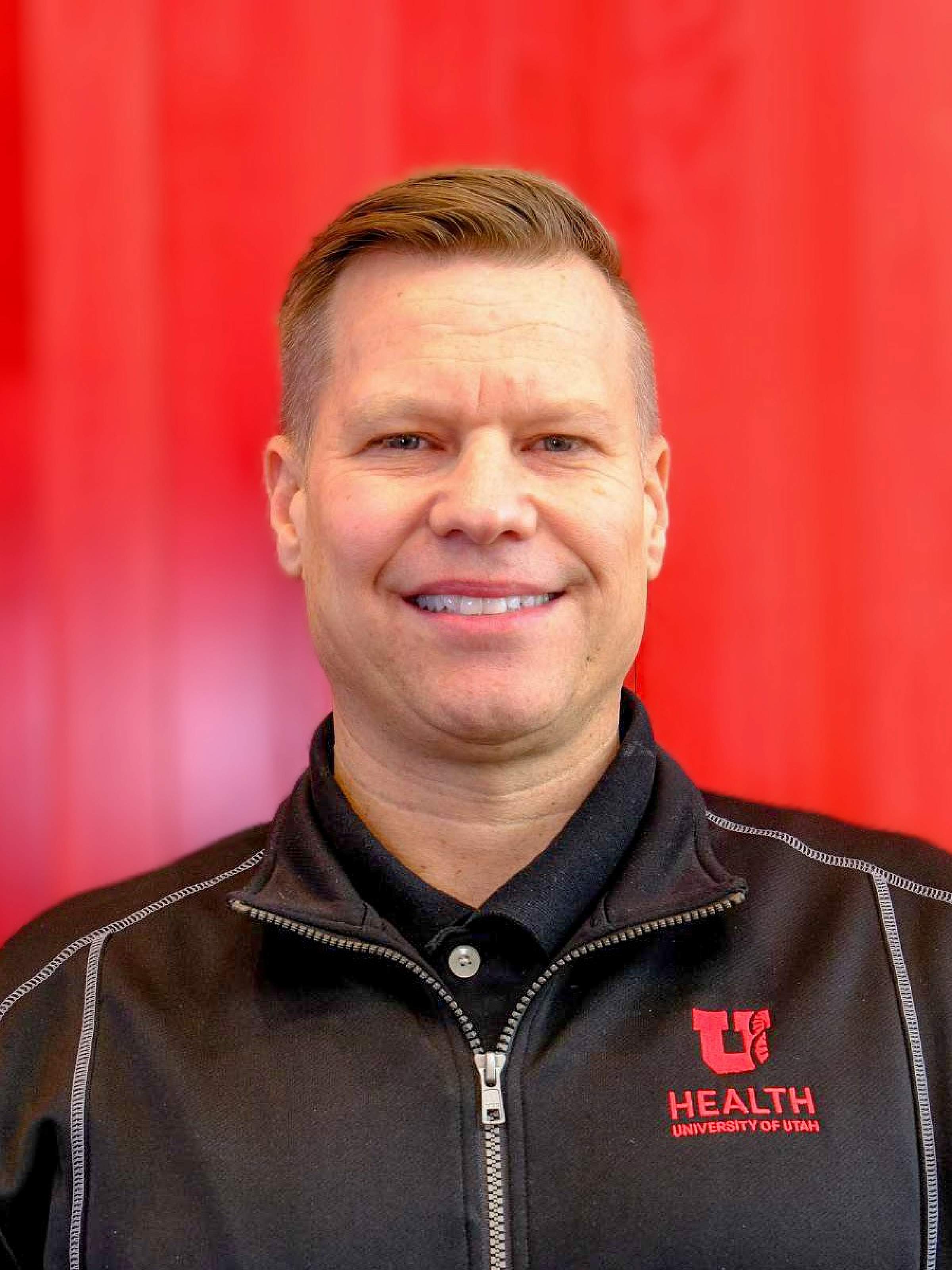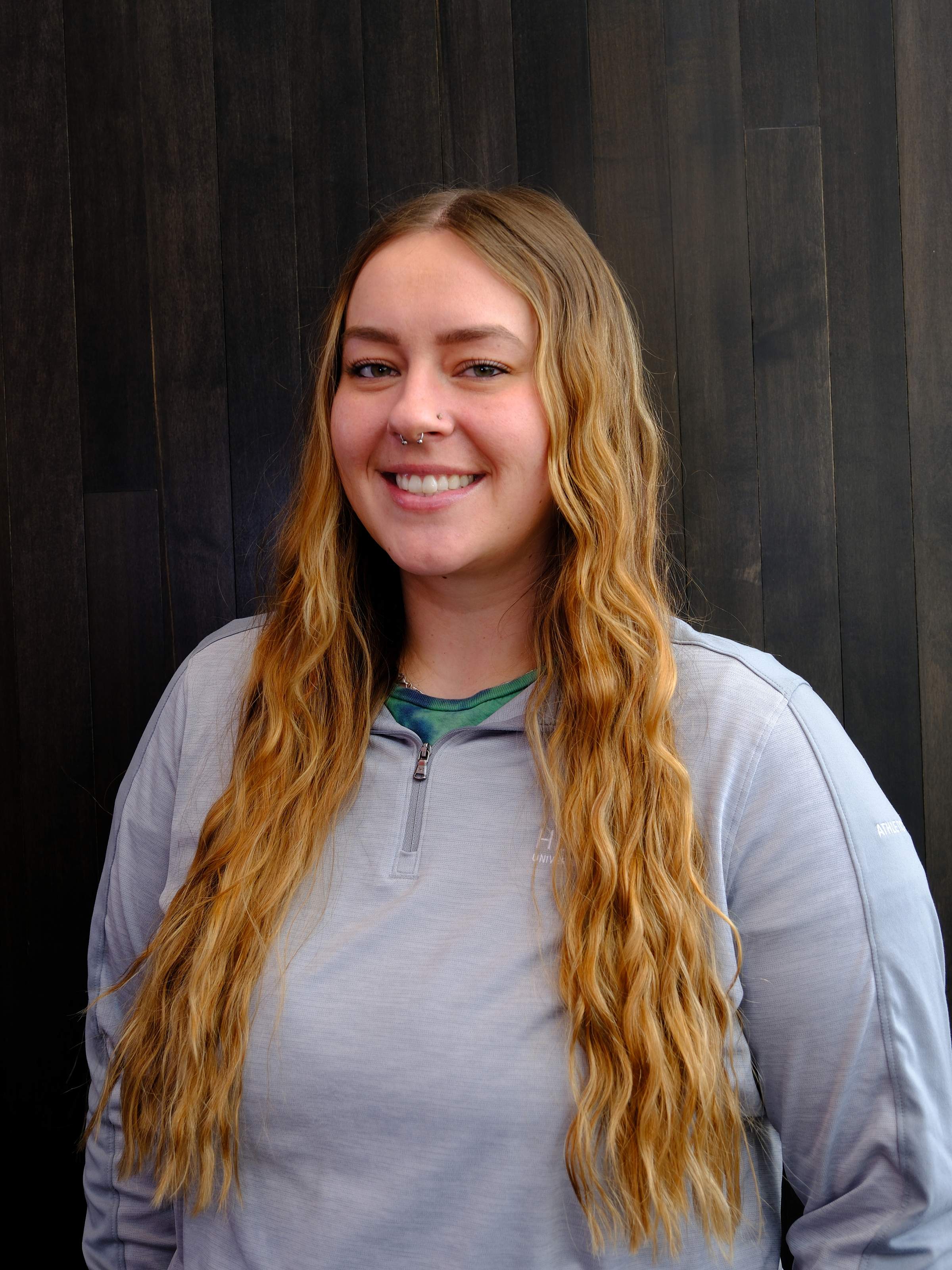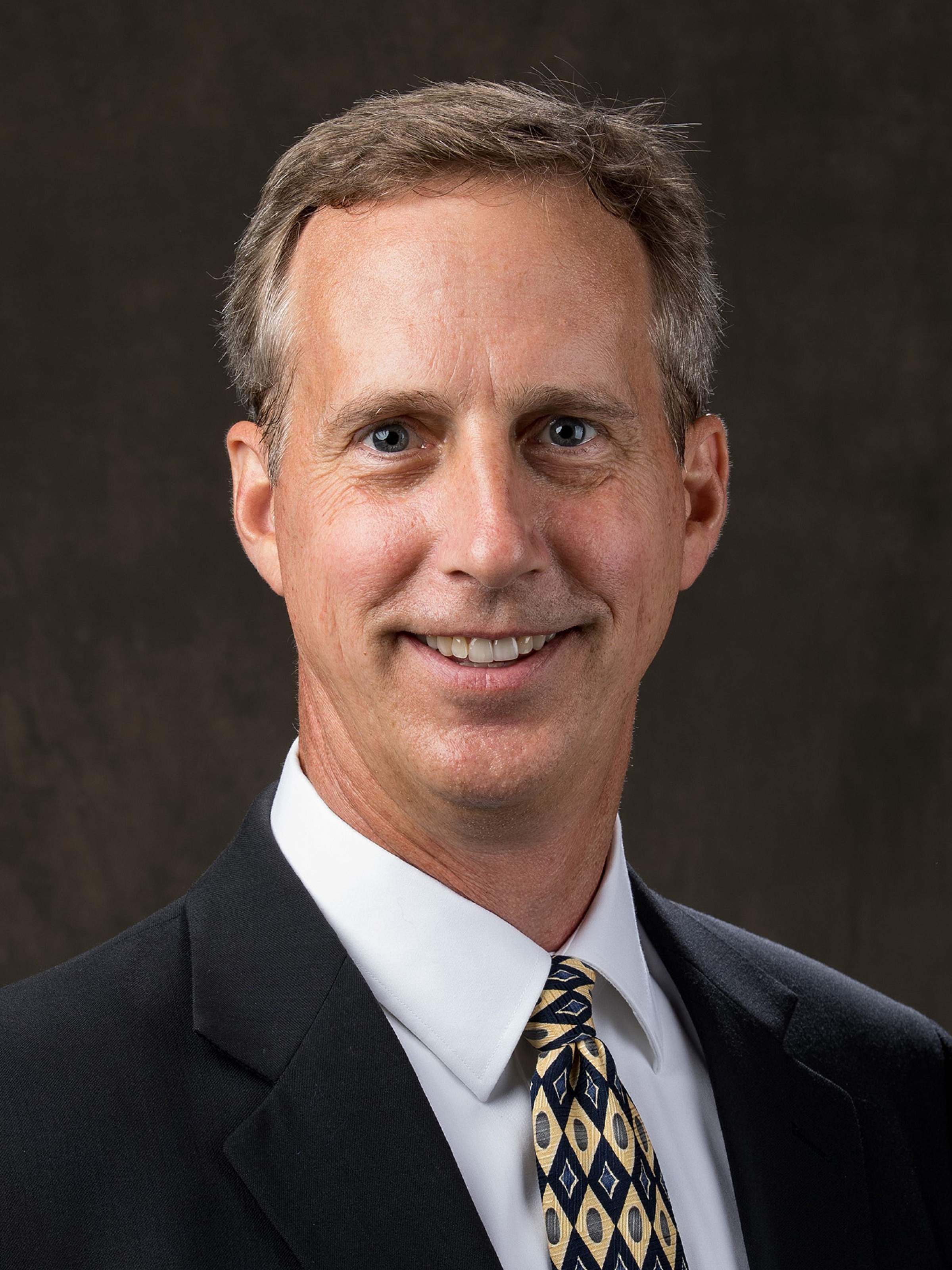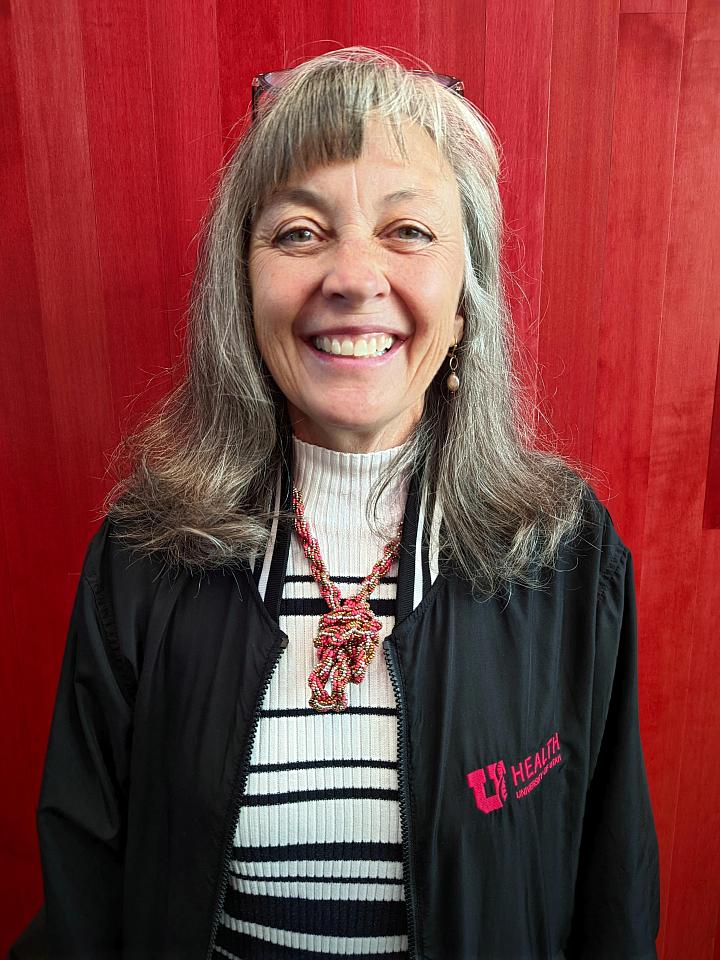
Undergraduate Advisors - Schedule An Appointment
On this page
Find Your Advisor
Advisor Availability
-
Our Advisor's calendars only go out two weeks in time maximum.
- Once calendars are full for two weeks, scheduling will show no availability.
- Keep checking back each business day for future times to open/go live (as they begin to fall within a 2-week timeframe).
- The 2-week timeframe goes down to the exact minute. For example, a 9:30AM time slot would open at 9:30AM 2 weeks in advance.
- Most of our appointments are offered between 9AM-4PM M-F but it varies by advisor. In person days also vary by advisor.
-
Many students are assuming that the navigate system just isn’t working for them, but it likely is (advisors are just booked). But if needed, find troubleshooting/navigate system issues on this page:
Occupational and Recreational Therapies
Parks, Recreation, & Tourism
Emergency Medical Services & Community Health Promotion
Communication Sciences and Disorders
Schedule an appointment with Kelly
Schedule an appointment with Eric
Elirissa Hui
Community Health Promotion & Education
Emergency Medical Services
Nuclear Medicine
Schedule an appointment with Elirissa
Laura Gerner
Speech & Hearing Science
Health & Health Teaching Minors
Occupational Safety & Health Minor
Nutrition Minor
Schedule an appointment with Laura
-
Discover Your Future in Kinesiology
Students interested in the Kinesiology major can meet with our advisors to discuss:
- Long-term course planning
- Transfer & Petitioning related questions
- Major & Career Interest Exploration
Prospective student appointments are scheduled based on availability. Please allow up to 48 hours for a response during the workweek.
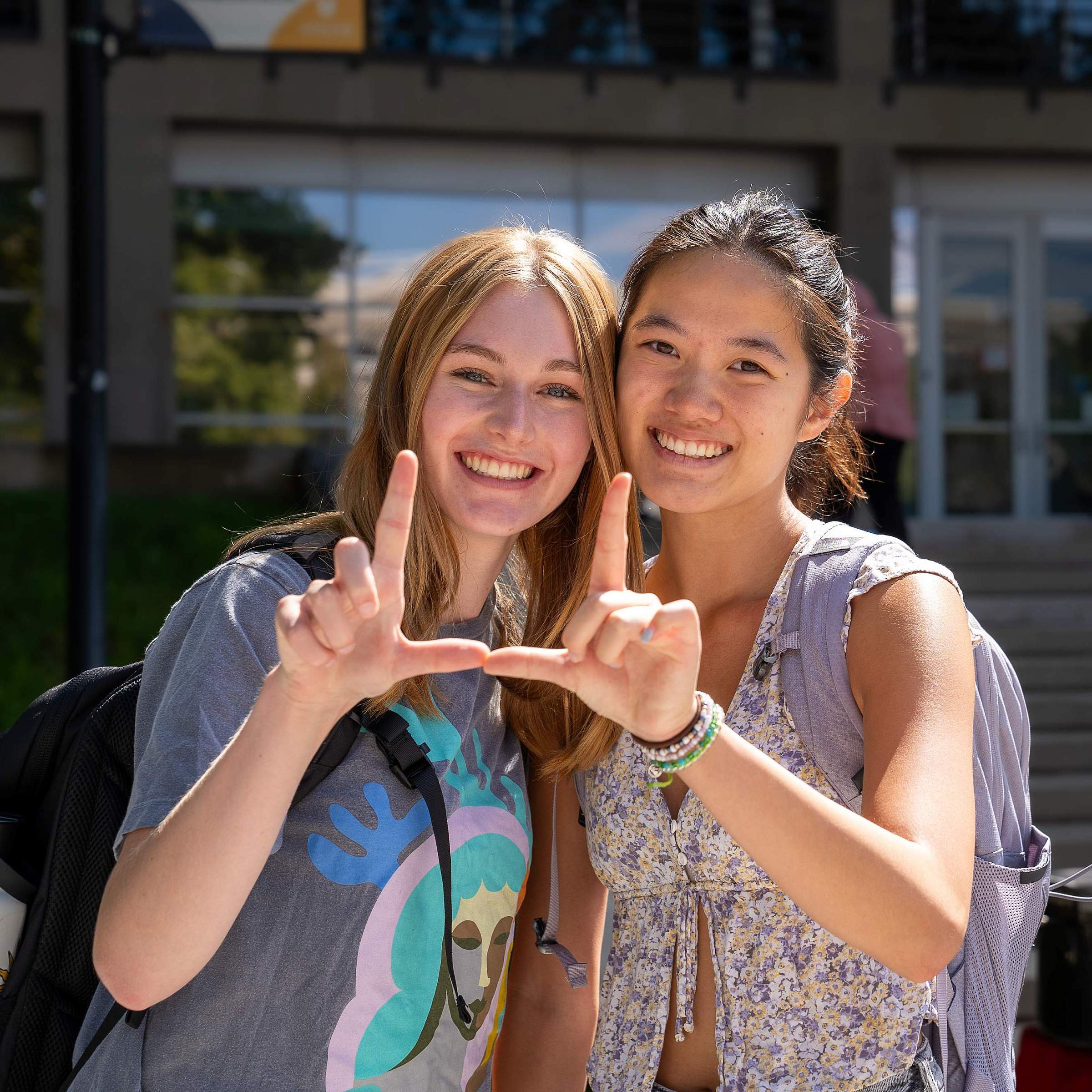
Frequently Asked Questions
-
A hold can be placed on a student’s record for reasons including but not limited to; non-payment of debt (parking tickets, library fines, tuition payments, etc.), academic standards, failure to meet immunization requirements, required academic advising, missing admission credentials or non-compliance with other University regulations/obligations. A hold on the record can impact one or more of the following:
- Enrollment - ability to register for classes
- Receiving a transcript or diploma
- Disbursement of financial aid
- Refund from Income Accounting
-
Utah Bound Orientation students, you may book an appointment with any undergraduate advisor in the Sorenson Legacy Foundation Center for Student Success, for first-semester course planning if the advisor in your field of study isn’t available. Be sure to follow up with your area advisor after registering for courses.
-
Please contact the course instructor directly via phone or email for a permission code. Advisors, advising staff, and deans office staff, do not have permission code access.
Please understand that faculty members are not required to grant permission codes. If the faculty member approves your request, they will issue you a permission code. Once you have the code, you may add the class through your CIS page. Please do this immediately.
How to add my class using a permission code:
Log in to the Campus Information Services, click on the "Registration" tile on your Student Homepage, click on the "Add Class" link, choose the term, and then enter the "class number" or find the class by using the "class search". Select the class and enter the permission number/code in the permission number field. For more information visit the Registration & Records website.
Graduate Programs
-
The University of Utah approved the new entry-level professional PTAT Master of Athletic Training degree in August 2019. The 2-year Master of Athletic Training program will provide students CAATE accredited graduate-level didactic knowledge and clinical skills in preparation for their future career in athletic training.
The program integrates interprofessional relations with other healthcare programs across the University of Utah Health Sciences campus, hands-on skills through resources provided by the College of Health and the University Orthopaedic Center and maximizes both part- and full-time clinical immersion experiences.
You can find more information on our Master of Athletic Training webpage
-
Students seeking a Master of Science in Health & Kinesiology can pursue a non-thesis or thesis track. The non-thesis track is focused on practice and application. It prepares students to be Certified Health Education Specialists (CHES) as well as certified Wellness Coaches. The MS thesis track is research-concentrated and suggested for those wishing to pursue a doctorate or a line of work that is laboratory or research-focused. More information on Master's program in Health and Kinesiology can be found on their website.
Our program generally takes two years to complete. Students have the option to refine coursework requirements in consultation with their mentor and advisory committee. Students align their courses with one of the four tracks.
The Ph.D. program in Health & Kinesiology is research-intensive and trains students interested in conducting translational research to enhance health, quality of life, and human performance.
Our program is generally completed in four to five years.
Students align their courses with one of the four PhD tracks; more info on the Health and Kinesiology graduate programs is listed on this webpage.
-
-
The Coordinated Master’s Program (CMP) in Nutrition and Dietetics develops entry-level registered dietitian nutritionists who are prepared to practice clinical and community nutrition and advance the science and practice of dietetics in the fields of:
- Nutrition and Dietetics
- Sports Nutrition
The program takes two years to complete and will prepare graduates to progress to leadership roles in nutrition and dietetics. Graduates of this program, accredited by the Academy of Nutrition and Dietetics Accreditation Council for Education in Nutrition and Dietetics, have an exceptionally high pass rate on the national exam for registered dietitians.
CMP Information Sessions are available to prospective students.
-
Research-based programs where students are expected to complete an MS thesis that contributes to the body of knowledge in their field of study. This program is characterized by coursework that mirrors the Ph.D. program tracks but with a reduced research requirement, which is met by completing 6 hours of thesis research that results in a peer-reviewed publication.
These tracks do not lead to dietetic registration eligibility. If you want to become a Registered Dietitian Nutritionist (RDN), please visit our Coordinated Master's Program (CMP) track.
You can find this information on our NUIP Degree Program overview webpage.
-
Our department launched its inaugural PhD program in August of 2016. The rigorous program trains research scientists and academic scholars on the fundamentals of translational bioscience, enabling them to take research findings from bench-to-bedside.
The degree, which can include an emphasis in either (a) Nutrition, (b) Integrative Physiology, or (c) Molecular Metabolism, takes four to five years to complete and culminates with the development of a written thesis and oral dissertation defense. More information on the PhD program can be found on our website.
-
-
"Occupational therapy is the only profession that helps people across the lifespan to do the things they want and need to do through the therapeutic use of daily activities (occupations). Occupational therapy practitioners enable people of all ages to live life to its fullest by helping them promote health, and prevent—or live better with—injury, illness, or disability.” (AOTA, 2024)
We offer both a Master's and a Doctorate in Occupational therapy so students can choose which degree suits their professional goals. Our MOT is fully accredited by ACOTE, and our OTD is in candidacy for accreditation. We expect to receive full accreditation for the OTD in 2025. Students must graduate from a fully accredited program to be eligible to sit for the national certification examination for the occupational therapist administered by the National Board for Certification in Occupational Therapy (NBCOT).
Students are encouraged to attend an information session prior to meeting with the advisor. The information session will cover the profession of occupational therapy and the occupational therapy program at the University of Utah, program prerequisites, admissions procedures, and the program itself. U of U students are also encouraged to take OC TH 3000-Introduction to Occupational Therapy to learn more about this rewarding healthcare career.
-
Physical therapists are licensed health care practitioners who examine and diagnose individuals of all ages, providing care that maintains, restores, and improves patients’ ability to move, function, and participate in activities and sport as desired. The U of U offers a fully accredited Doctor of Physical Therapy degree that prepares students for the National Physical Therapy Examination (NPTE) in three pathways: Salt Lake City, St. George, and Hybrid. For all who are interested in learning more about a DPT degree, there are three Info Sessions: first, Intro to the Department and DPT, designed to help students learn about the department and profession; DPT Pathways: Compare and Prepare, where students can explore and determine which pathway(s) are a good fit; and DPT Application & Admission Process, which provides additional details and support for students preparing to apply to the DPT program. Register for an upcoming session.
All undergrads at the U are encouraged to work with PreProfessional Advising, and any student can contact our Admissions Counselors with additional questions and to help prepare them to apply to the DPT program. In addition, the U of U Pre-PT Club is open to students both in and outside the U and has information on their website.
-
At the master's degree (MS) level, you may choose either thesis or non-thesis professional preparation programs. You can specialize in areas involving tourism, commercial recreation, natural resource management, therapeutic recreation, or experiential education.
The PhD is an academic degree that is awarded for high attainment of the study of Parks, Recreation, and Tourism. Courses of study that lead to the PhD assist students in developing competence in research and they involve in-depth inquiry into topics within, and related to, Parks, Recreation, and Tourism.
The PhD program consists of a major in Parks, Recreation, and Tourism, an area of concentration, and a research core that includes dissertation research. A PhD in PRT requires a minimum of 67 semester hours of study beyond the masters degree. The exact number of hours and the specific courses to be taken are based on the needs of individual students, considering such factors as interests, future aspirations, academic history, and degree of exposure to the study of Parks, Recreation, and Tourism. The PhD program requires approximately three full years of study beyond the master's degree.
-
The mission of the Doctor of Philosophy (PhD) in Rehabilitation Science Program is to advance the scientific knowledge underlying the clinical practice of rehabilitation through the development of expertise in research, teaching, and professional service. Applicants should have a strong interest in research, teaching, and service in a rehabilitation-related field. Applicants should also have a master’s or clinical doctoral degree in an area related to the health sciences and rehabilitation (e.g., DPT, MD, etc.). The exceptional student with a bachelor's degree and compelling clinical/research experience in the health sciences will also be considered. More information about Rehabilitation Science program can be reviewed on their webpage.
